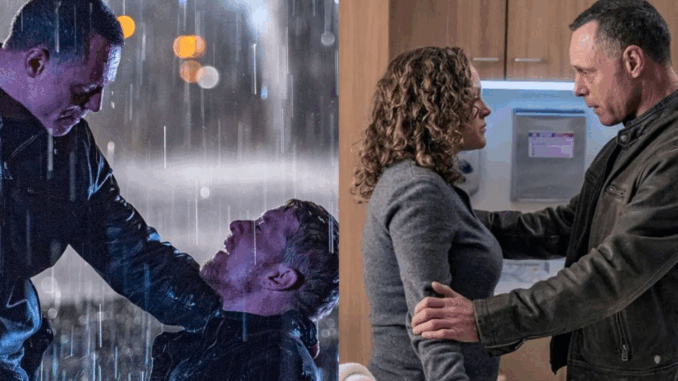
“Chicago PD” has consistently been more than just a crime drama; it’s a cultural phenomenon that sparks debate, ignites conversations, and unflinchingly showcases the challenging realities of law enforcement in a major metropolitan area. As a vital component of the “One Chicago” universe, the series, now well into its second decade, has cemented its reputation for its raw authenticity, complex characters, and a willingness to explore the morally murky waters that police officers navigate daily. Its continued popularity speaks volumes about its ability to resonate with a diverse audience, even as it tackles controversial themes.
One of the show’s most compelling aspects is its portrayal of the intricate balance between procedure and pragmatism. The Intelligence Unit often operates on the fringes of what’s strictly by the book, employing unconventional methods to crack the toughest cases. This approach often leads to high-stakes tension and ethical dilemmas that force viewers to confront their own definitions of justice and effective policing. The series doesn’t always provide comfortable answers, instead presenting scenarios that mirror the real-world complexities faced by police departments everywhere.

The enduring strength of “Chicago PD” also lies in its character-driven narratives. Beyond the thrilling arrests and investigations, the show delves deep into the personal lives and psychological tolls experienced by its officers. Viewers have witnessed their triumphs, their heartbreaks, their struggles with PTSD, and the immense pressure of their chosen profession. This humanization of law enforcement officers, showing their vulnerabilities alongside their strengths, adds a profound layer of depth to the procedural elements.
Furthermore, “Chicago PD” has consistently integrated contemporary social issues into its storylines, from police accountability and systemic inequalities to community relations and the impact of gun violence. This commitment to relevance keeps the show grounded and ensures its narratives feel timely and impactful. While it may not always offer easy answers, “Chicago PD” continues to demand attention by fearlessly exploring the “thin blue line” and the difficult choices made on both sides of it, solidifying its place as a thought-provoking and essential television experience.